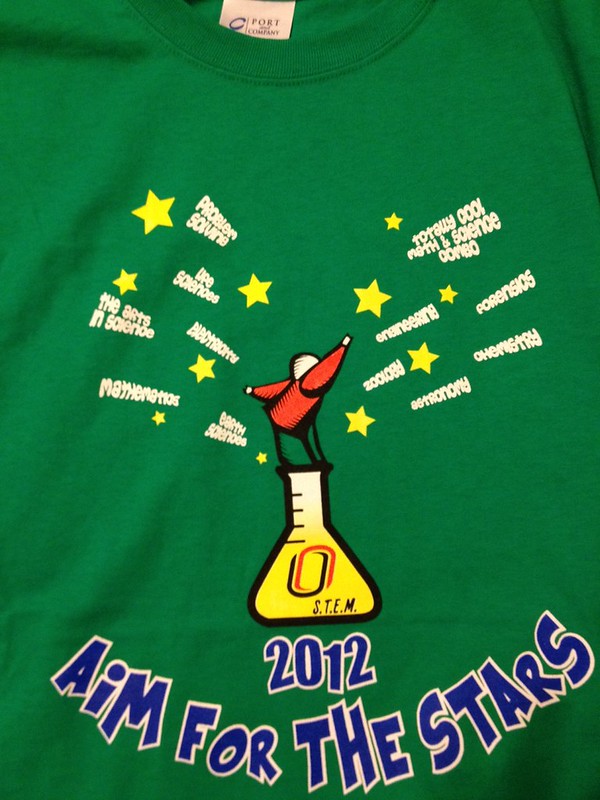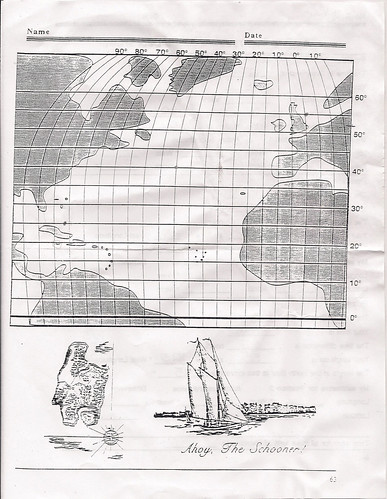Another summer. More exciting and educational science camps! This year my 10 year old son is again partaking in the University of Nebraska at Omaha’s “Aim for the Stars” series of summer camps, with exciting weekly topics ranging from robotics, biology, electricity essentials and forensics, and on to astrobiology. Forensics was a big hit, with everything from DNA and blood typing, to decomposition where a raw chicken was left outdoors in the heat all week to be examined daily by the campers. Yum, Yum!
I would like to briefly point out an exercise in astrobiology that I found particularly creative—to the point of ingenious—and I think the instructor deserves huge credit. The campers were taught about navigation by sailors, and how they used the night sky to find their way to far away lands–to the Jamaican Islands. The kids were each given maps, told the time relative to Greenwich Mean Time, and their goal was to navigate using the sky to the island containing the treasure. But, you say, the camp is during the day!
Well, how’s this for a creative solution to this minor problem? They used the planetarium on site for this exercise! I love it: kids sitting in the planetarium, measuring and approximating the angle to the north star, plotting and triangulating on their maps!
Calculating and approximating latitude and longitude, to get to the Treasure Island?!
Can anything compare to brilliant creative teaching coupled with taking full advantage of great on-site facilities?! No matter what I teach for the rest of my career, I doubt I’ll ever be able to make such an impact—certainly not on enthusiastic 10 year olds.



